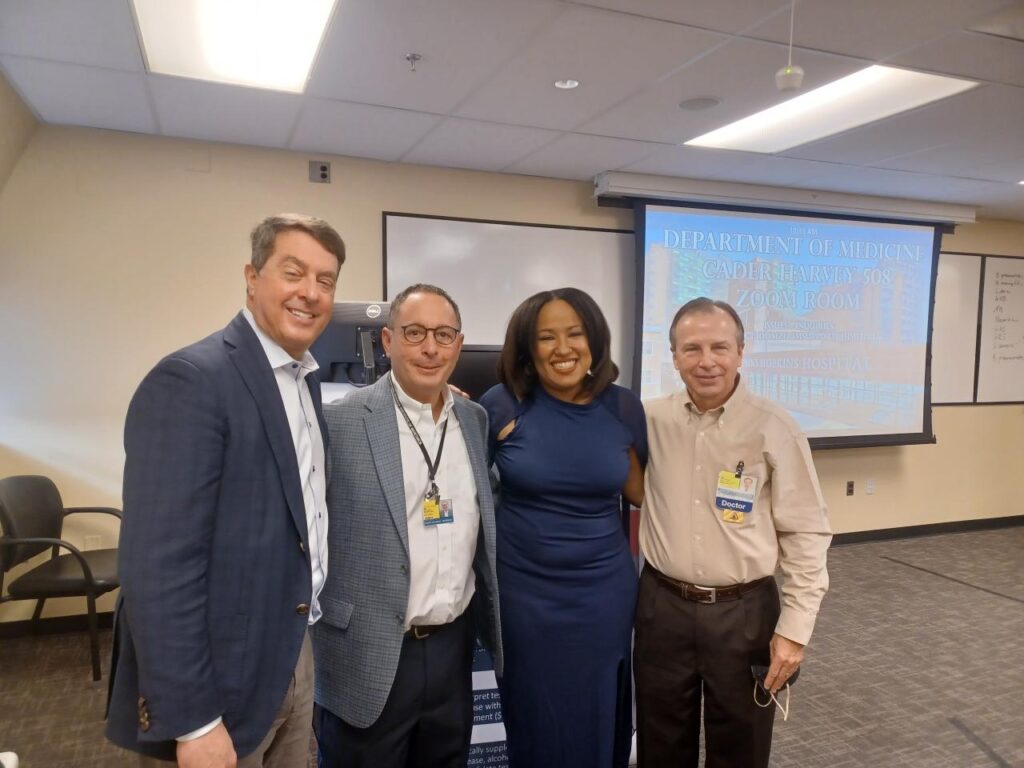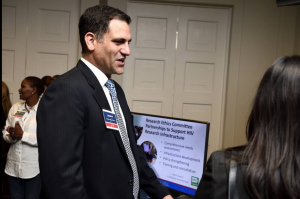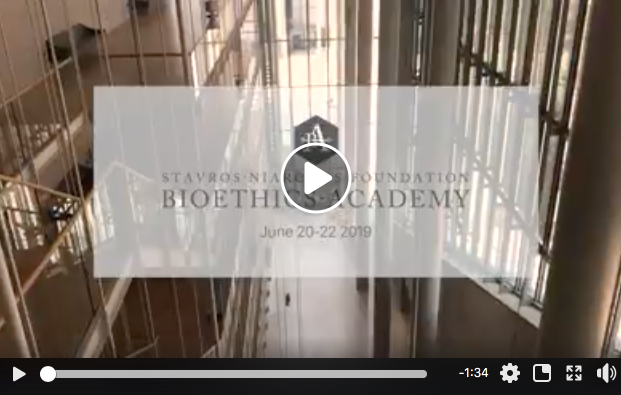The Stavros Niarchos Foundation Bioethics Academy (SNFBA) is proud to announce that it will be hosting the 5th Annual Bioethics Summer Course at the Stavros Niarchos Foundation Cultural Center in Athens, Greece, from September 9-10, 2024.
The Bioethics Summer Course is an annual training activity of the SNFBA whose goal is to support and enhance knowledge and awareness for bioethics among biomedical researchers, policy professionals, and healthcare administrators in Greece. The course is co-directed by Prof. Jeffrey Kahn, the Andreas C. Dracopoulos Director of the Johns Hopkins Berman Institute of Bioethics (JHU), and Prof. Effy Vayena, Associate Vice President for Digital Transformation & Governance, and Chair of Bioethics at the Swiss Federal Institute of Technology in Zurich (ETH).
The 5th Annual Bioethics Summer Course will be a two-day intensive course focusing on Foundations of Bioethics and, as in past years, will include lectures from distinguished bioethics experts from Johns Hopkins and ETH Zurich, and in-depth small group discussion of case studies and lecture topics.
Cost
The SNFBA is free to accepted participants, and fully supported through the generosity of the Stavros Niarchos Foundation (SNF). The total number of participants is limited to 50 to preserve a high-quality experience.
Eligibility
Applications are encouraged from professionals residing and working in institutions in Greece with the following experience and expertise:
- Professionals working in, or overseeing, clinical research
- University students of medicine, pharmacy, and biology interested in developing capacity in clinical research
- University students of law or philosophy interested in bioethics
- Members of committees performing biomedical research ethics review
- Professionals working in health and science policy
- Biomedical researchers and research staff
- Policy makers involved in biomedicine/health/biotechnology sectors
- Administrators of biomedical and clinical research institutions
Applications:
Applications are now being accepted online until July 20, 2024 but may close earlier if the 50-person capacity is reached.
Required Application Documentation
- Curriculum Vitae
- Short Personal Statement no more than 250 words including why the Course is of interest to you, your motivation for applying, and how the Course will be of use in your professional work and professional development
APPLY FOR THE 5TH ANNUAL SNFBA BIOETHICS SUMMER COURSE HERE
For questions please contact Katerina Ligomenides ([email protected])


